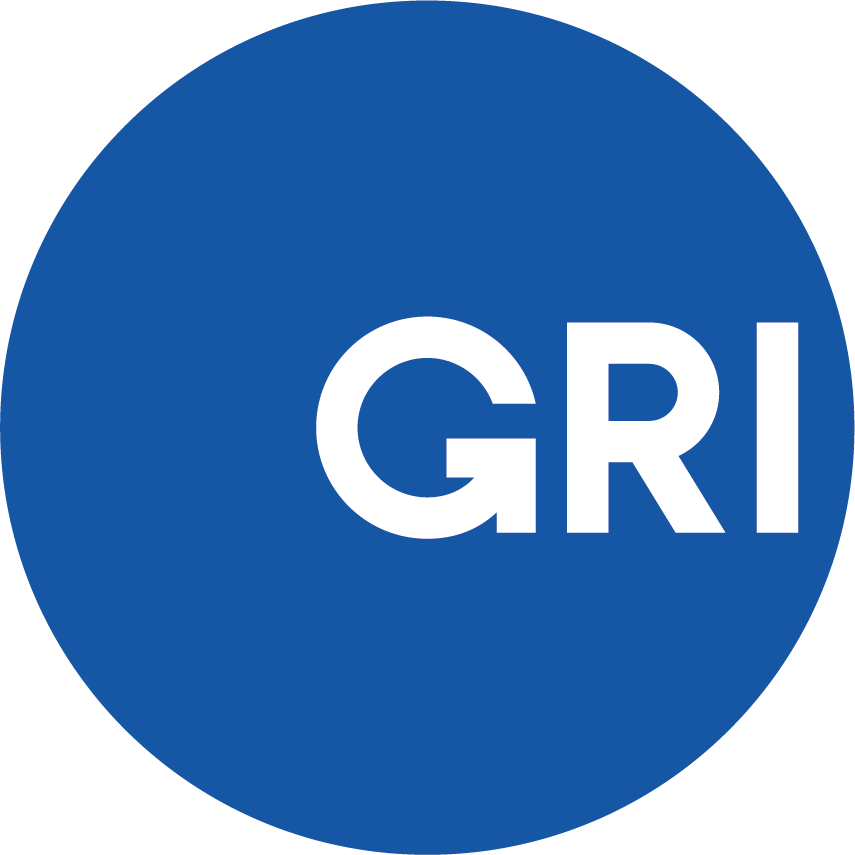Revision of GRI Economic Impact Standards Will Enable Comprehensive Reporting on Organizational Impacts
Last year, the Global Sustainability Standards Board (GSSB) - the independent body responsible for setting the GRI Standards - announced a new project to revise economic-related impact disclosures. This decision stemmed from feedback collected from reporters and other standards users, revealing challenges with ambiguity, inconsistent interpretation- suggesting that a comprehensive review would significantly improve the current disclosures.
In addition, the revision aims to better align the Standards with internationally agreed best practices. It’s important to note that the last update to economic impact disclosures took place in 2006, and since then, there has been a number of international developments related to how organizations should identify, manage, and report on their impacts on the economy including the UN Guiding Principles on Business and Human Rights and the OECD Guidelines for Multinational Enterprises on Responsible Business Conduct. Both set clear expectations for businesses to take responsibility for the impacts they cause and those they contribute to or are linked to their business relationships.
Furthermore, this initiative is also motivated by the prevailing challenges that organizations of all sizes are facing: the ramifications of the pandemic persist, manifesting in a delicate global economy characterized by slow growth, high interest rates, rising debt levels, and pressure on global trade. This situation urgently calls for a reconsideration of the state-of-the-art approach to reporting organizational impacts on the economy, where GDP growth, profitability, and shareholder returns are primary measures of economic impact. However, there is a need for a more comprehensive approach that considers the UN’s Sustainable Development Goals (SDGs) along with broader societal and environmental factors.
GRI Standards are developed through a robust and transparent multi-stakeholder process, ensuring participation and expertise of diverse stakeholders. In January, the GSSB took a significant step forward by appointing a diverse Working Group to revise GRI's Economic Impact-related Topic Standards. The working group is comprised of 17 members from various geographies and constituency groups representing business, investors, civil society, labor, and mediating institutions. Multi-stakeholder representation ensures that the standards are developed with a global perspective and in the public interest. GRI North America is pleased that the revision will incorporate North American interests, in part because of the invaluable contributions of North American stakeholders serving as Technical Committee members. The North American members hail from a diverse spectrum of backgrounds and organizations including representatives from Bank of America, The Predistribution Initiative, Deloitte, Columbia Business School, and Oxfam America.
Oxfam America’s representative, Sharmeen Contractor, shared her perspectives on the importance of the GRI Standard and the work to update the Economic Impact disclosures.
“Oxfam has been calling for corporate transparency for decades, and is a strong supporter of the disclosure standards as developed by the Global Reporting Initiative (GRI) especially its current efforts at enhancing the Economic Impact Standards. GRI has been steps ahead from most other reporting frameworks used by businesses as it is one of the few that does not only consider the risk of external factors to the company, but also the impact of the company on external environmental and social issues. Unmanaged potential or actual adverse climatic and human rights issues can not only harm the people and the planet, but also expose companies to significant legal, regulatory, operational, and reputational risks. The GRI’s consideration of impacts provides companies and investors essential information that is essential for risk mitigation.”
Sharmeen Contractor Lead, Market Systems and Investors, Oxfam America
Working group member
About GRI
GRI is the global, independent, standard setter that helps organizations be transparent and accountable for their impacts on the world. Our GRI Standards are a free public good that provides the global common language for organizations to communicate their environmental, social, and economic impacts.
GRI North America advances the use of the GRI Standards, credible impact reporting, and corporate transparency through stakeholder engagement activities and resource offerings such as GRI Community, GRI Academy, Licensed Software Partners.

